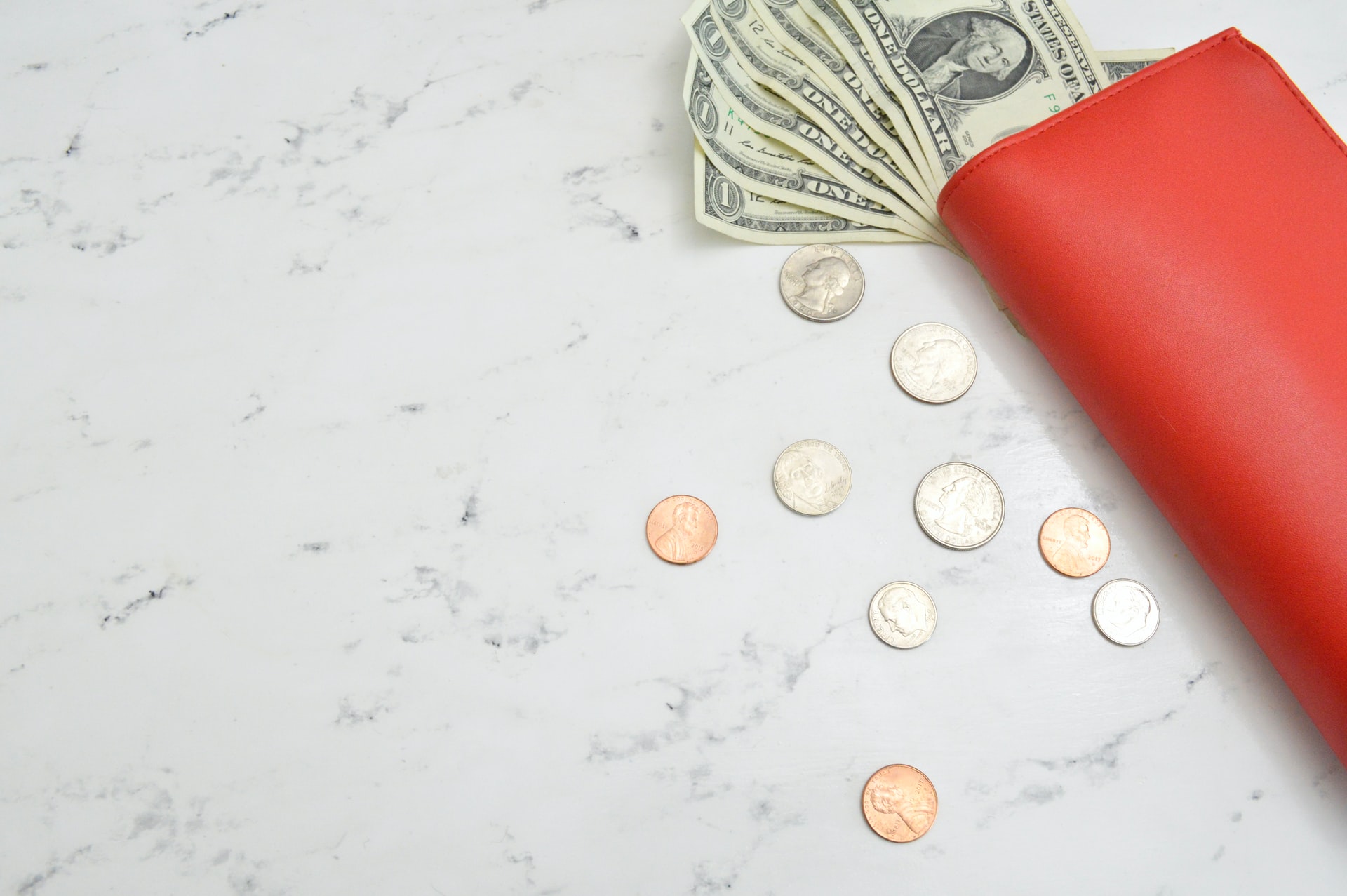Consolidate Credit To Stop Getting Turned Down
If you have been applying for credit and always being turned down, that is because your credit report has negative information on it. Time to do something about that! Your credit file is the information kept by credit reporting agencies concerning your record of payments to creditors. There are three major credit reporting agencies that perform these services for companies who are interested in finding out how good or bad a risk you are. Whenever you apply for a loan, try to rent an apartment, and even apply for a job, you can be sure your credit report is being looked at. Time to consolidate credit and do something about your personal finances if you have a bad credit report and you get declined for any of these.
Your credit file is built up over the years by the credit reporting agencies that keep track of all of your bills and your bill-paying habits. If you have been in the habit of missing payments, being late, or just forgetting to pay, that will all be in your credit file as marks against your credit. These will result in lower credit scores, and lower credit scores mean you will not have a very good chance of getting a loan, or some other things you might be interested in, such as an apartment or a job. The opposite will also happen: if you are consistently a good payer, you can be sure you will be able to get a car loan, mortgage, credit card line, or just about anything else from a lender.
With so many people filing bankruptcy these days or using debt management programs, the lending companies lose money. So they want to avoid risks with people who may end up in bankruptcy. A bankruptcy ruling will stay on your credit record for ten or fifteen years. Debt management companies help you temporarily, but you are extending your debt and paying more fees, so it is harder to get out of debt.
You do have some protection under the law, but if you have bad credit, you will never really breathe easy until you can completely clean it up. In addition to a negative credit report and low credit number, we are also going to be facing judgments, foreclosures on a home, or repossession of goods, and even perhaps lawsuits. No one wants to risk being homeless and penniless. You know you have to find a way out.
What if you are in a situation where you cannot make a living, such as if you are on welfare or on disability? Look at any option you can to repair your credit. If your car is too expensive, find a cheaper one. If your home is too expensive, you may have to size it down to the one you can afford. Once these big expenses are eliminated, you can start to pay down debt and get your credit report back on track. This is the only way you will stop being turned down for credit.









